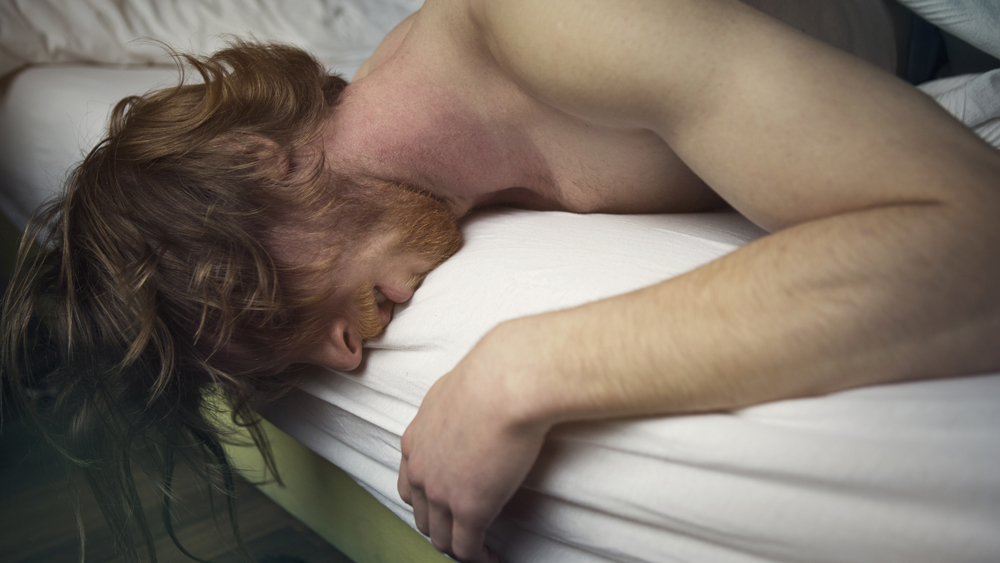Here’s Why You Shouldn’t Do A Heavy Workout With A Hangover
Treat yourself to an easy day after a few drinks – your body will thank you

No-one likes to wake up with a hangover and most of us have some kind of system to help us through the pain when we do. Many opt for the “stay in bed and watch TV until it fades” approach, while others swear by a fry-up or even a little hair of the dog.
Some people have a more proactive approach to clearing a hangover, though, namely forcing their body through a hard workout to clear the system, as it were.
Normally we’re all for encouraging people to work up a sweat, but there are certain times when your body is less ready for a tough session, and one of those times is after a big night of drinking.
“Heavy exercise taxes the body, with very intense exercise causing cortisol – the stress hormone – levels to rise significantly, studies show,” says Tiina Hoffman, an exercise physiologist and master trainer for Firstbeat.
“Your heart will also be beating fast, blood pressure will be elevated and breathing rapid, all of which will tax the cardiovascular system. Under normal conditions – with sufficient food, sleep, hydration and rest – this is all perfectly fine for most individuals. However, there are times when this could cause problems.”
See related
- Is Red Wine Good For You? Deep Down, You Already Know The Answer
- The Best Non-Alcoholic Beer (And Low-Alcohol Beers) Of 2021
The reason that a big night on the booze compromises your ability to exercise the following day is down to how alcohol affects the quality of your sleep.
“Just having as little as one unit of alcohol in your system at bedtime can delay the onset of restorative sleep by around one hour,” says Nigel Stockill, performance director at Firstbeat.
Sign up for workout ideas, training advice, reviews of the latest gear and more.
“Having two large glasses of wine – approximately six units – late in the evening and sleeping for six hours means you may not get any restorative sleep at all, and therefore won’t recover overnight.”
Now you might be thinking that you always sleep brilliantly after a few drinks, more or less blacking out as soon as your head hits the pillow. But while you might be sleeping, the quality of that sleep is low, and your body is not recovering well as a result.
This can be seen when you look at your heart rate variability, something many fitness trackers are now able to measure. High variability while you sleep means your body is not stressed and recovering well. Low variability means your body is still active in some way and after a night on the tiles, this happens because your body is dealing with the toxins in the alcohol you’ve drunk.
If you still insist on exercising the day after a boozy session, it’s wise to take things pretty easy. Alternatively just opt for the “day in bed watching TV” approach, and go back to training the next day.

Nick Harris-Fry is a journalist who has been covering health and fitness since 2015. Nick is an avid runner, covering 70-110km a week, which gives him ample opportunity to test a wide range of running shoes and running gear. He is also the chief tester for fitness trackers and running watches, treadmills and exercise bikes, and workout headphones.
